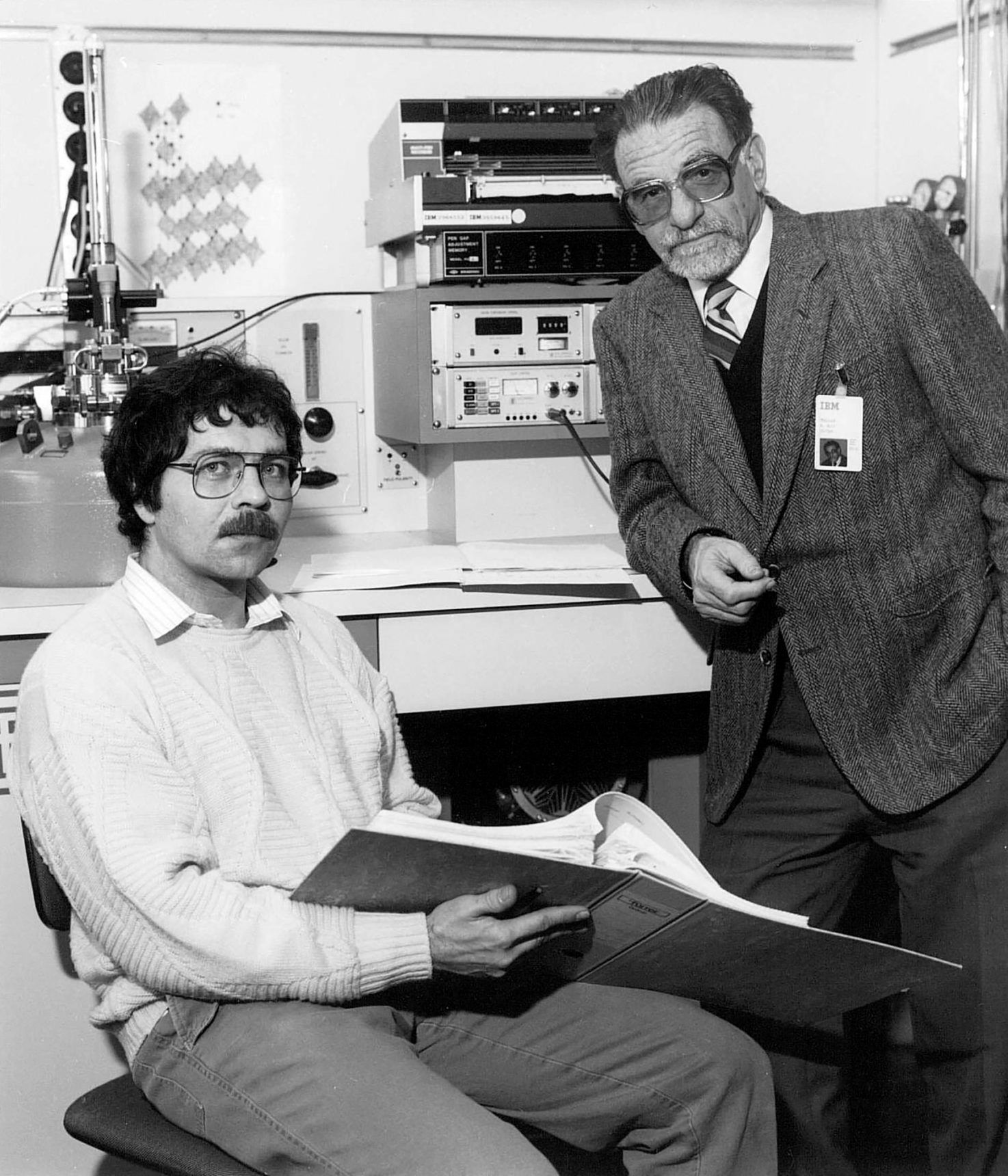Universal Quantum Phenomenon Found in Strange Metals

Experiments suggest that exotic superconducting materials share a “strange metal” state characterized by a quantum speed limit that somehow acts as a fundamental organizing principle. (...)
The hypothesis is that electrons in strange metals might be “dissipating as quickly as they can consistent with the [Heisenberg] uncertainty principle,” Hartnoll explained. The electrons possess an amount of energy that’s proportional to the temperature of the strange metal, and dissipation is a process that takes a certain amount of time. Time and energy can’t both be defined to arbitrary precision because of the uncertainty principle, Hartnoll said, so it’s possible that Planckian dissipation arises “when the dissipation time is as fast as it can be.”
It’s only a rough sketch, he admits. He and other theorists want to prove the quantum bound more rigorously, which might help clarify why hordes of electrons in materials like cuprates so naturally reach it.
For the last few years, Hartnoll, Sachdev and other theorists have been attacking the problem using a surprising “holographic duality” that mathematically connects systems of scrambled quantum particles, like those in strange metals, to imaginary black holes in one higher dimension. (The black hole pops out of the particle system like a hologram.) Remarkably, physicists find that black holes — incredibly dense, spherical objects whose gravity is so strong that not even light can escape — do the equivalent of Planckian dissipation, reaching a bound on how fast they can possibly scramble information that falls into them. In other words, black holes and strange metals go to extremes in some common way. The holographic duality is enabling the researchers to translate properties of black holes into dual properties of the scrambled-particle systems. They hope this will reveal what electrons are doing in strange metals, what happens in the competing superconducting phase, and potentially how to tip the balance between the two, extending superconductivity to higher temperatures.
https://www.quantamagazine.org/universal-quantum-phenomenon-found-in-superconductors-20181119/
